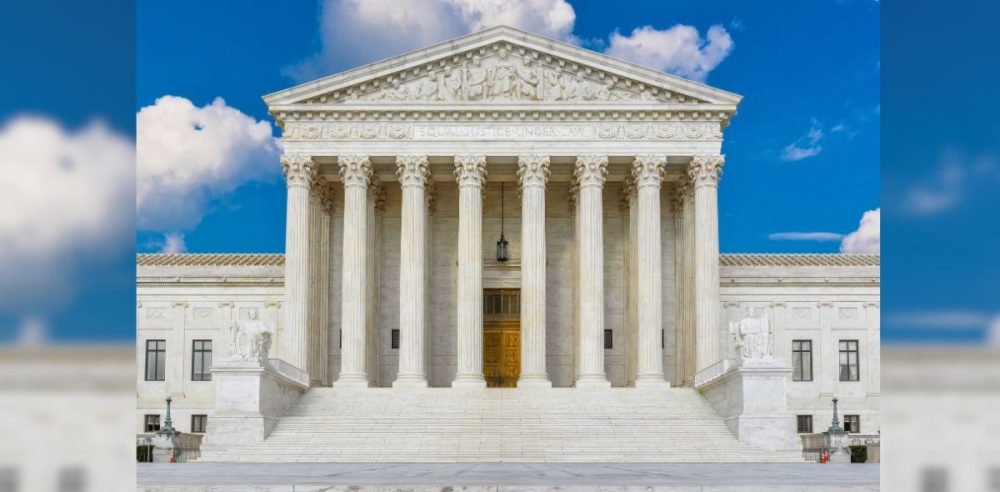(Texas Scorecard) – Two more legal organizations—the Institute for Free Speech and the Institute for Justice—have filed amicus briefs urging the U.S. Supreme Court to take up Michael Quinn Sullivan’s challenge to Texas’ lobbying law, arguing that the state’s enforcement violates core constitutional protections for political speech and petitioning government.
Sullivan, as the former president of Empower Texans, was fined $10,000 by the Texas Ethics Commission in 2014 for allegedly acting as an unregistered lobbyist while communicating with lawmakers and publishing a legislative scorecard critical of their votes. He has spent the past decade arguing the state’s lobbying law is overly broad and unconstitutional.
In a sharply worded brief, the Institute for Free Speech warned that Texas’ interpretation of lobbying could have ensnared the Founding Fathers themselves.
“In the decades after Harriss, states like Texas have enacted laws that would have treated Alexander Hamilton as an unregistered lobbyist based on insignificant details like whether James Madison reimbursed him for the cost of printing ‘The Federalist Papers,’” the brief states.
IFS argues that the Supreme Court’s 1954 decision in United States v. Harriss, which upheld lobbying registration under a rationale of “legislative self-protection,” has been undermined by 70 years of First Amendment precedent. The brief criticizes lower courts for continuing to rely on Harriss, despite the fact that it was decided before landmark rulings such as Buckley v. Valeo, McIntyre v. Ohio Elections Commission, and Citizens United.
“The government’s convenience never suffices to justify compelled disclosure,” IFS writes, noting that lawmakers don’t have a constitutional right to insulate themselves from political pressure or criticism.
The Institute for Justice focused its brief on two central arguments: that the purported benefits of disclosure laws are often exaggerated and that Sullivan’s case presents a uniquely compelling opportunity for the Court to revisit the Petition Clause of the First Amendment.
IJ argues that mandated disclosure laws—like Texas’ lobbying registration system—don’t actually help elected officials or the public make better decisions. Instead, they burden citizens with complicated requirements and deter them from engaging in political speech.
“The complaints against [Sullivan] were, quite evidently, not filed because the complainants were confused by Mr. Sullivan’s political loyalties, but rather because they knew precisely who he was—and wanted him punished,” IJ’s attorneys wrote.
The brief goes on to describe Sullivan’s case as a critical opportunity for the Court to reaffirm that petitioning the government—especially on behalf of others—is a protected right, not a regulated privilege.
Together, the briefs from IJ and IFS add to a growing stack of filings supporting Sullivan’s petition, including amicus briefs from Texas Attorney General Ken Paxton, the Texas Home School Coalition, the Cato Institute, the Manhattan Institute, and U.S. Sens. John Cornyn and Ted Cruz.
The Court has not yet decided whether it will take up the case. But with national legal organizations and prominent officials joining the push, the pressure to revisit how far states can go in regulating political speech continues to build.


